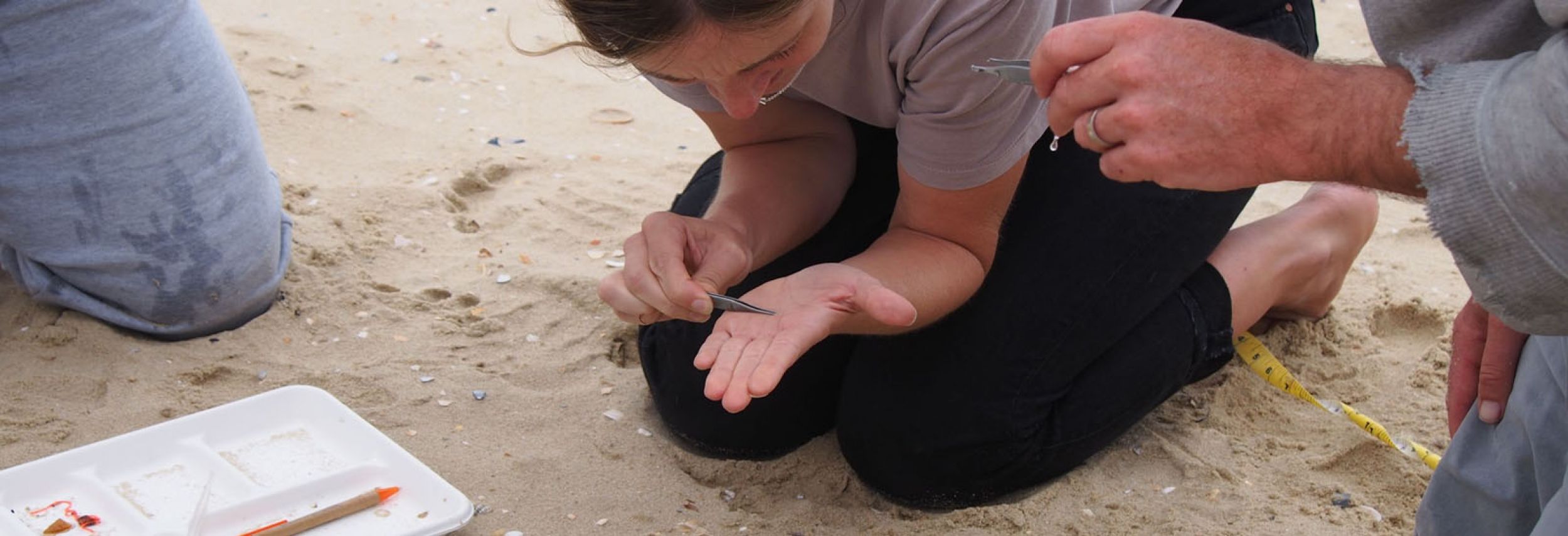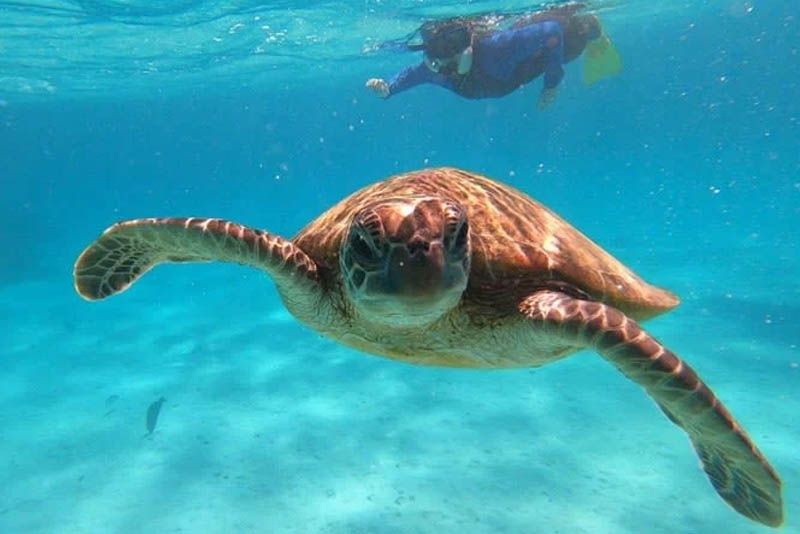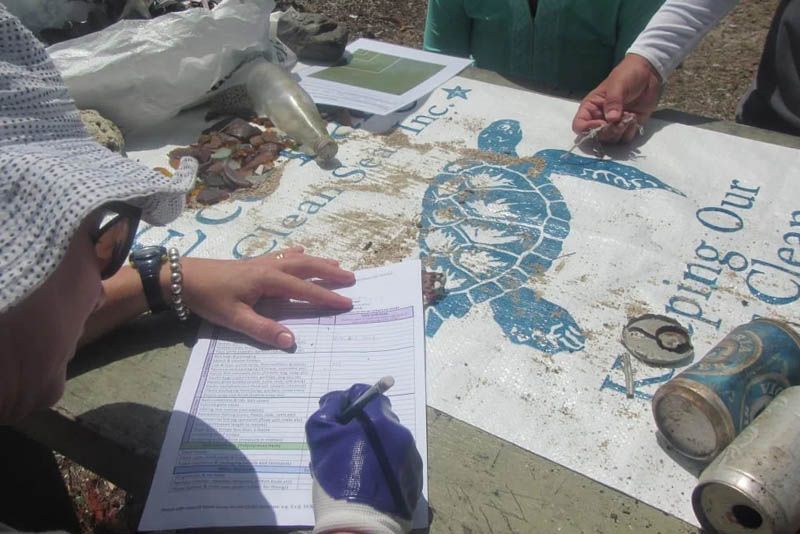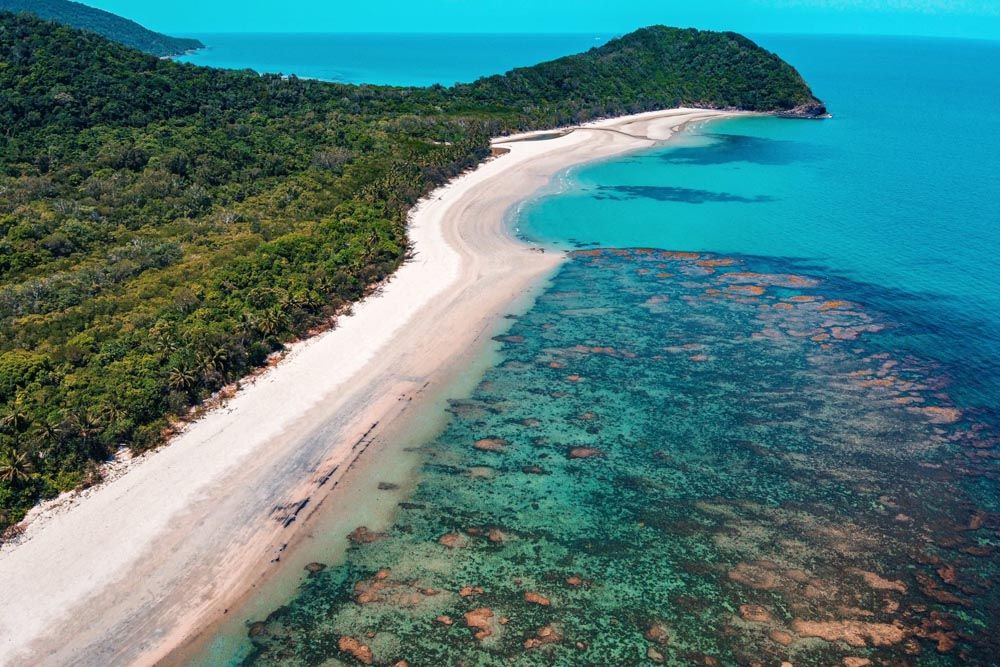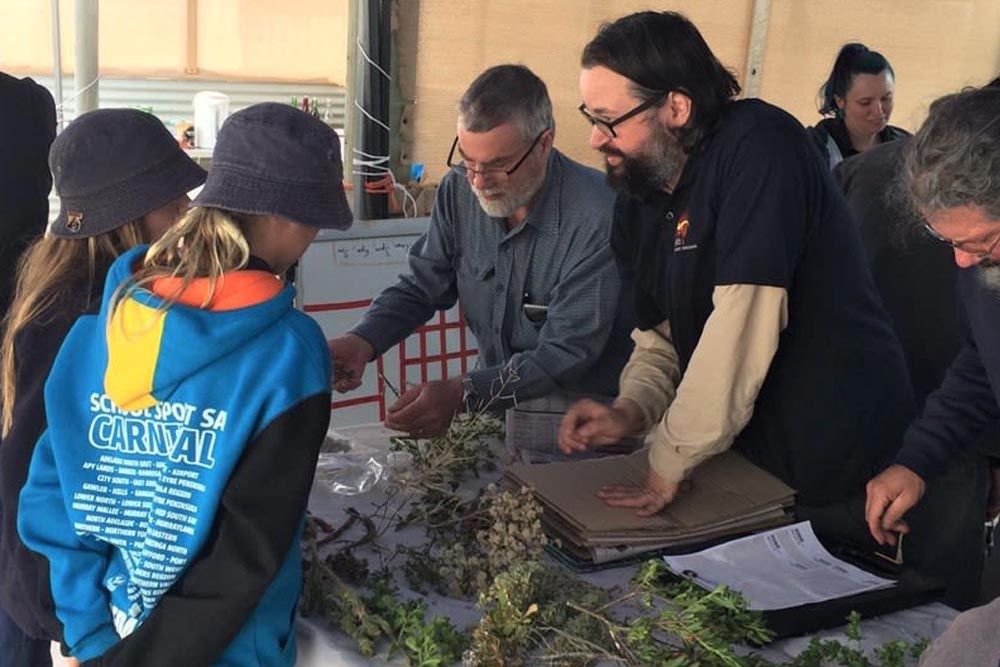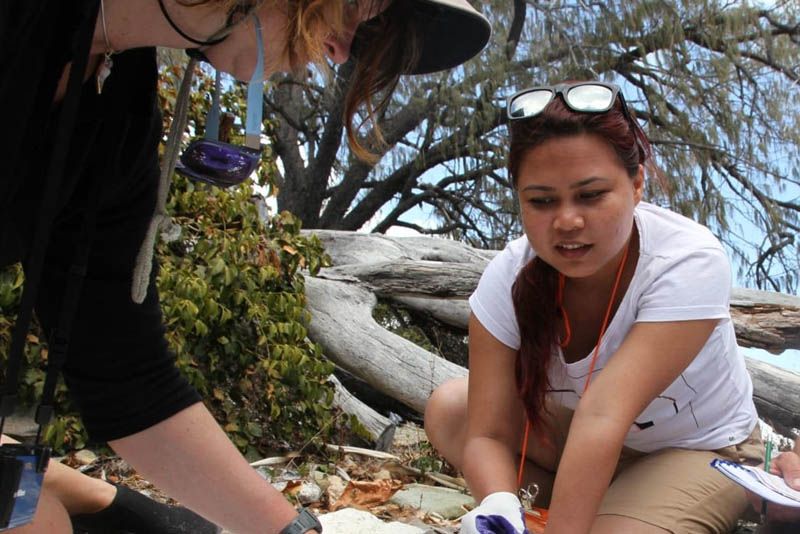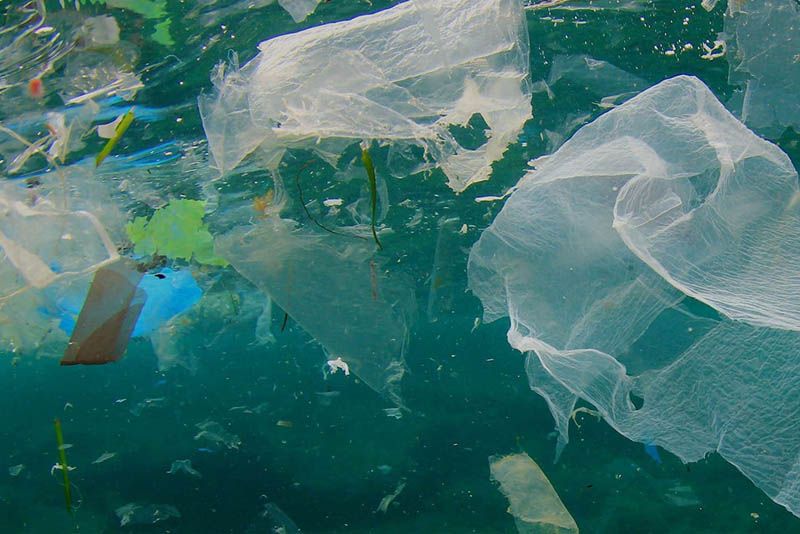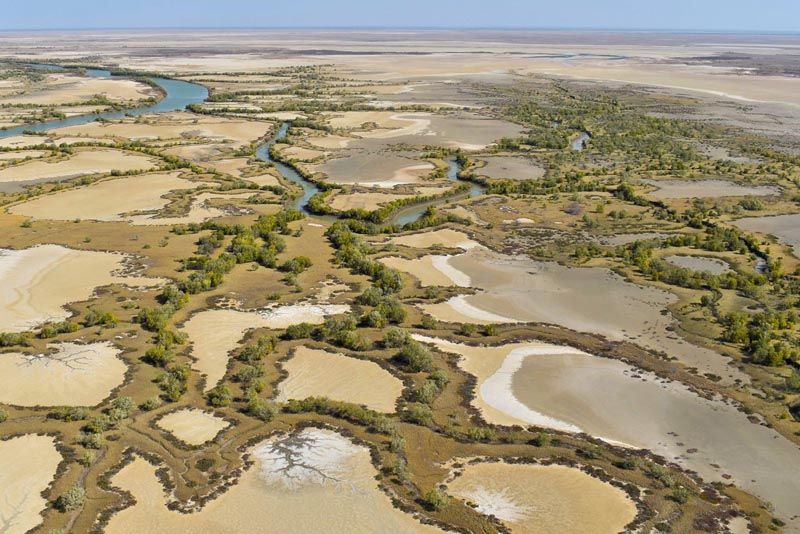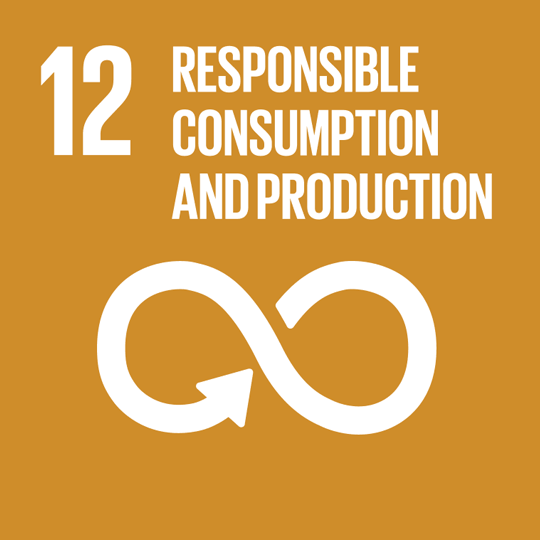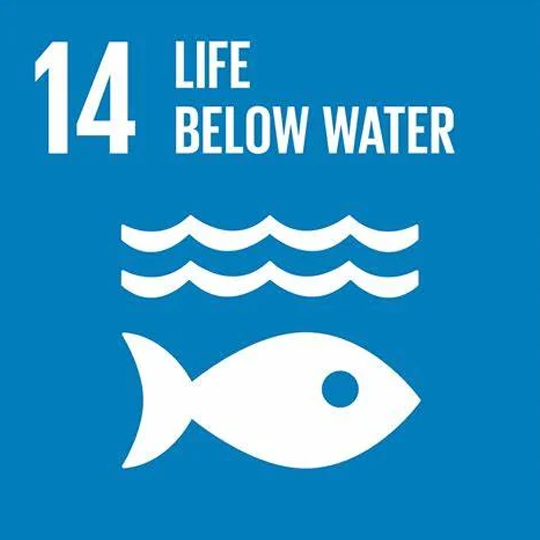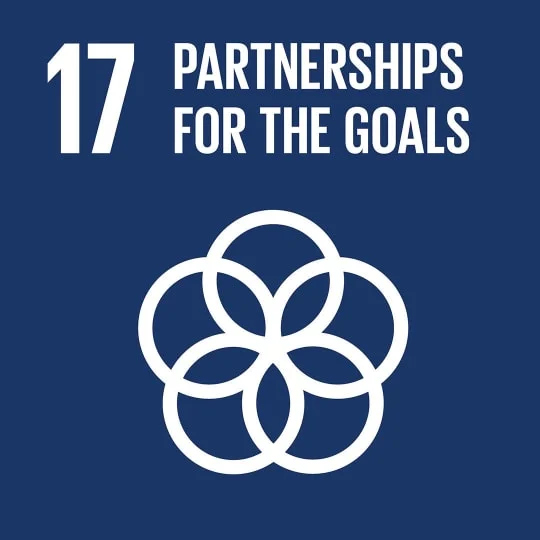Why Does it Matter
From biodiversity and food supply to the livelihoods of millions, so much depends on our oceans.
However, the health of our oceans is declining with rising sea surface temperatures and acidification, overfishing, coral bleaching events, and marine plastic pollution. The combined impact of these problems is shifting our ocean ecosystems into unrecognisable states.
Earthwatch is making strides towards tackling several of these problems. Our work focuses on:
-

Plastics waste management through community solutions
-
 Addressing data gaps
Addressing data gaps -
 Upskilling Indigenous Rangers
Upskilling Indigenous Rangers -
 Piloting circular economy initiatives
Piloting circular economy initiatives -
 Educating stakeholders and community
Educating stakeholders and community -
 Exploring plastic offsetting and market-based mechanisms
Exploring plastic offsetting and market-based mechanisms -
 Up-skill your staff
Up-skill your staff


